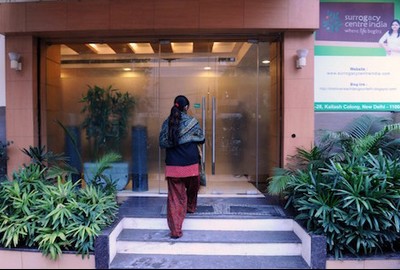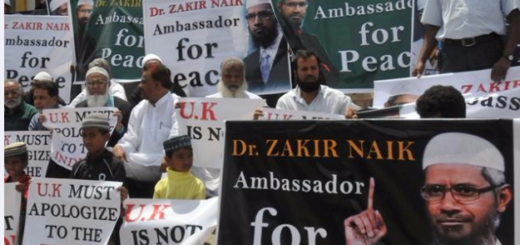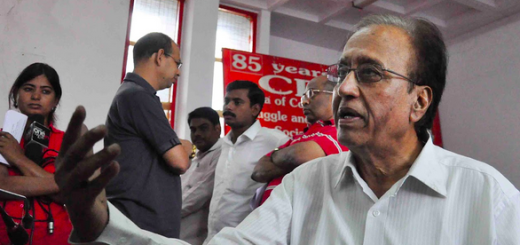Church leader welcomes move to ban commercial surrogacy

Pic: An Indian surrogate mother enters a surrogacy clinic in New Delhi in this February 2013 photo. The Indian government is planning to ban commercial surrogacy for foreigners. (Photo by Sajjad Hussain/AFP)
Critics say the procedure exploits country's poor.
New Delhi: (UCAN) A church official said he supported plans by the Indian government to outlaw commercial surrogacy.
In an affidavit filed with the Supreme Court Oct. 28, the government said it was planning a comprehensive law that would limit the use of surrogacy to married, infertile Indian couples; it would not be available to foreigners, the government said.
Bishop Thomas Dabre of Poona said he was "totally in favor" of the government move.
"The church does not support surrogacy in any circumstances because it is morally and ethically wrong," said Bishop Dabre, a member of the bishops' Doctrinal Commission.
Commercial surrogacy was introduced to India in 2002, allowing a process in which a woman is paid for carrying the embryo of another couple — created through in vitro fertilization — to childbirth.
"Hiring bodily elements is not morally right according to Catholic teaching because it commercialize the human body," Bishop Dabre said.
He said the church supports childbirth from "the relationship of lawfully married couples through a natural process."
"Surrogacy violates the sanctity of marriage and human life itself because it is unnatural," he said.
Reports suggest at least 1,000 Indian women are hired every year by overseas couples.
One surrogacy clinic in Gujarat in 2004 produced more than 500 surrogate babies — two-thirds for foreign couples, while the rest were for people of Indian origin living overseas, Reuters reported in 2013.
Cheap medical care and the abundant availability of poor women make India a favorite place for commercial surrogacy, according to Reuters. Estimates show each surrogacy costs some US$30,000, with the surrogate mother earning an average of $7,500. Many have criticized it as exploiting the poverty of Indian women.
A U.N. study on transnational surrogacy in 2012 said reproductive tourism in India is a $400-$500 million business with some 3,000 fertility clinics across the country.
"We still do not know the financial depth of it," said Jose K. George, who teaches family law at Bangalore's Christ University. "It is a huge business. There are few towns in northwestern India whose economy depends on this business."
He said that before the law is made people should be educated on values, exploitation and the ill effects of commercial surrogacy.
"But in a society that worships wealth and sees money as the ultimate value, ending surrogacy with a law could be difficult," said George.
Source: UCAN
















